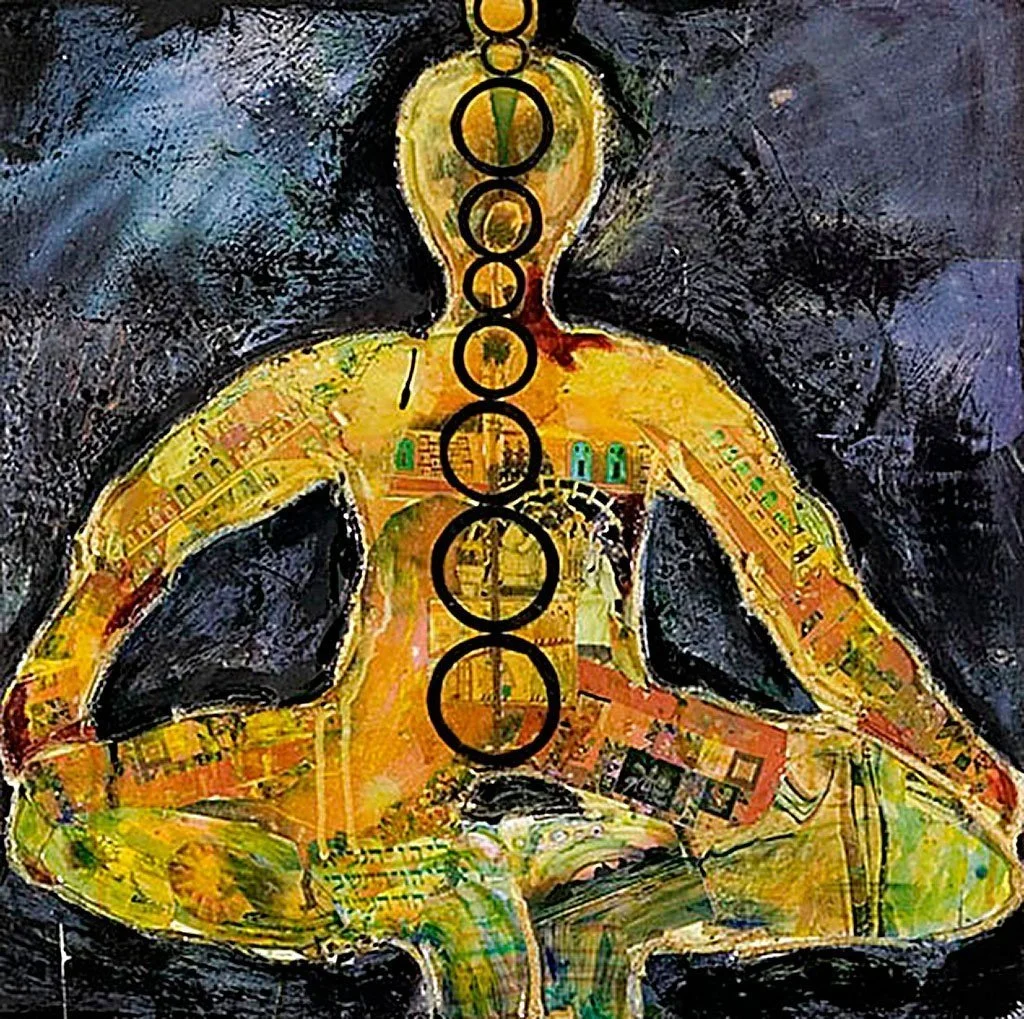
Couples & Families
Relationships are essential in our lives. We need each other to survive, and we experience our greatest pleasures through deep connections with others. Yet, relationships can also be conflictual, dysfunctional, even toxic, leading to negative emotional states and problematic behaviors.
Our therapy approach focuses on relationships as a common cause of suffering in our lives, as well as the primary agent towards attaining greater satisfaction and well-being. A safe and trusting therapeutic relationship can be an ideal place to process these struggles, and begin the healing process to help you build more fulfilling relationships.
Negotiating conflict and needing to compromise are a normal part of all couples’ healthy dynamics. However, oftentimes unhealthy patterns develop and partners in a couple feel “stuck,” unable to resolve issues that may arise. These issues may stem from different personality styles, familial values, or ways of coping with conflict, which may make them feel like “we are not on the same page”. Oftentimes, partners feel like their needs are not being met, or that “you just don’t care about me as much as I care about you.” They may have different ways of communicating, which may be interpreted as a lack of caring. For example, a partner who tends to express negative emotions directly and openly may be perceived as “nagging,” while one who prefers to “take a break until things cool down” may be perceived as disengaged and not caring.
Couples Therapy
All too often, relationship problems involve intimacy and sexuality, leading to common feelings reflected in statements like “if I don’t initiate, you never seem to want to be close,” “we seem to have different needs for intimacy,” or “you don’t seem to be attracted to me anymore.”
Not surprisingly, talking about intimacy problems often makes partners feel vulnerable, thus, the topic is often ignored, causing further dissatisfaction and disconnection.
Our therapists bring experience with a variety of couples therapy models to create an environment that feels safe, comfortable and trusting, in which partners can process obstacles in their relationship. The “therapy triad” helps shift the typical stuckness in the “relationship dyad”, ensuring that each partner feels heard, validated, and not judged. Having a third person as a “neutral party” listening to each partner can facilitate communication and help create new ways of expressing each partner’s needs.
All too often, partners in a couple believe that going to couples therapy is a last desperate resort since they should be able to resolve problems on their own. This causes many partners to either avoid couples therapy altogether, or indeed, go as “the last resort” when the relationship is at a critical level.
If some of this sounds familiar, please don’t wait. Our competent therapists are ready to help you and your partner develop new ways of communicating with each other, which can lead to a more fulfilling and intimate relationship.
Family Therapy
Complex dynamics evolve in every family given that each member of this “system” is an individual with particular needs, wishes, ways of communicating, emotional and behavioral patterns, and areas of vulnerability. These normal differences can often be negotiated in complimentary ways that lead to healthy family systems. However, conflictual family patterns often develop, which lead to unhealthy family dynamics. Frequently, one member of the system becomes “the identified patient,” thus, all attention becomes focused on that particular member’s emotional or behavioral problem. Yet, this member’s problem can often be a reflection of dysfunctional family dynamics.
Like in the case of couple’s therapy, working with a family involves allowing each member in the system to express themselves openly, while also learning to listen to other family members withholding criticism. The family therapy process can facilitate expression of emotions that have become suppressed among members of the system. The therapist, acting as a mediator, can help members of the system develop new ways of communicating with each other, which can help promote healthier dynamics in the family.
“It is not our purpose to become each other; it is to recognize each other, to learn to see the other and honor them for what they are.”
— HERMANN HESSE







